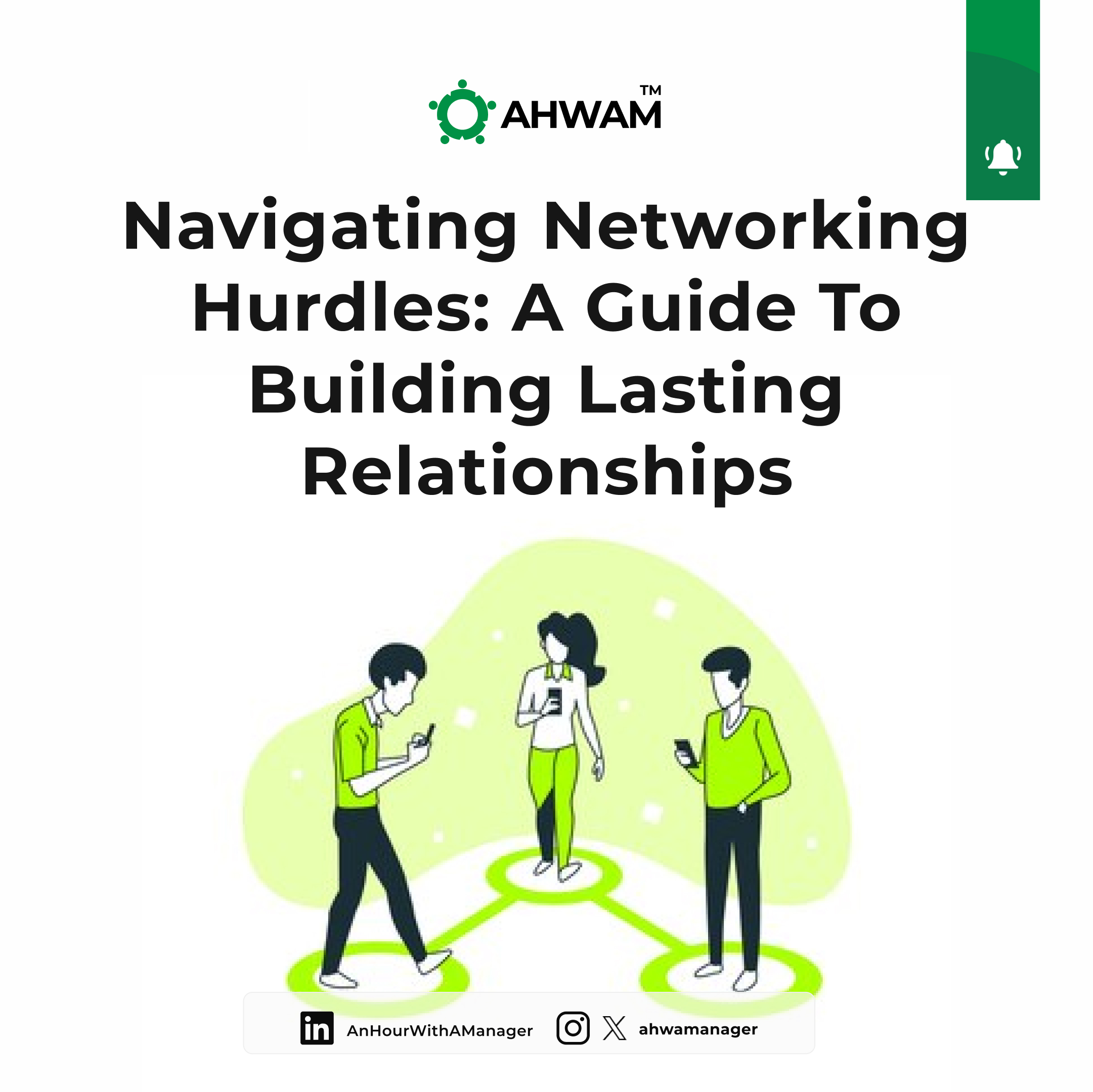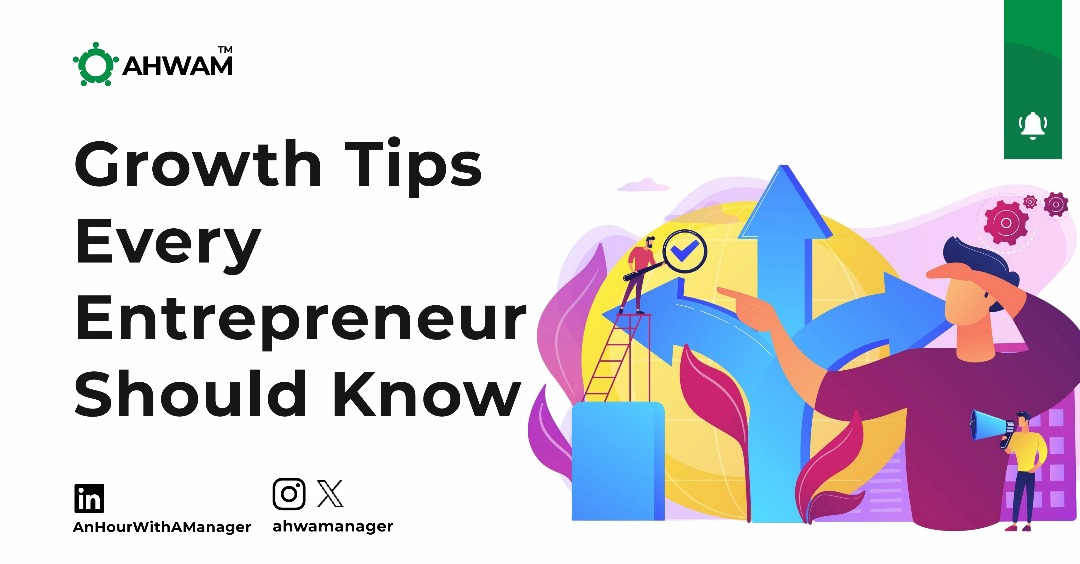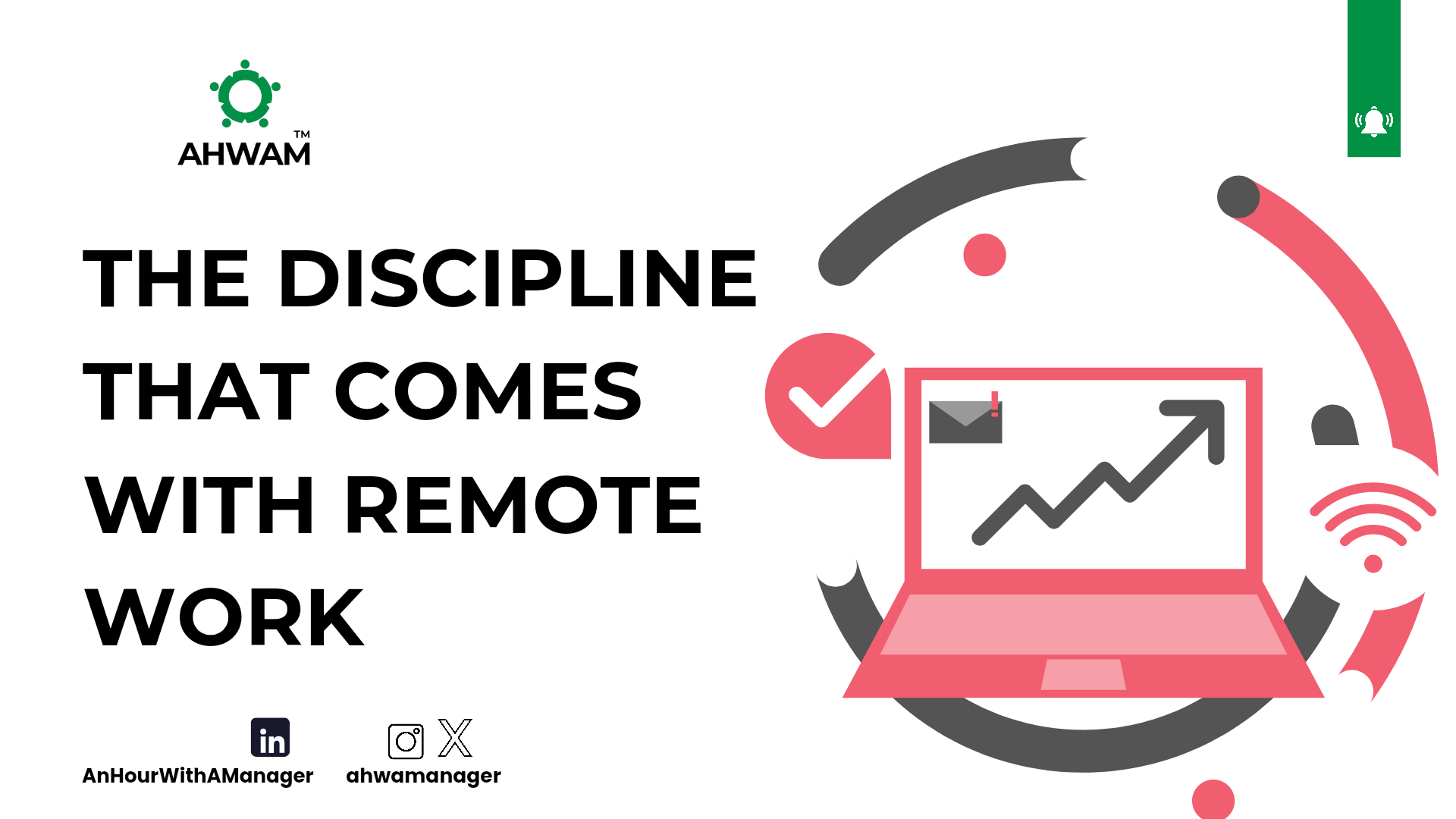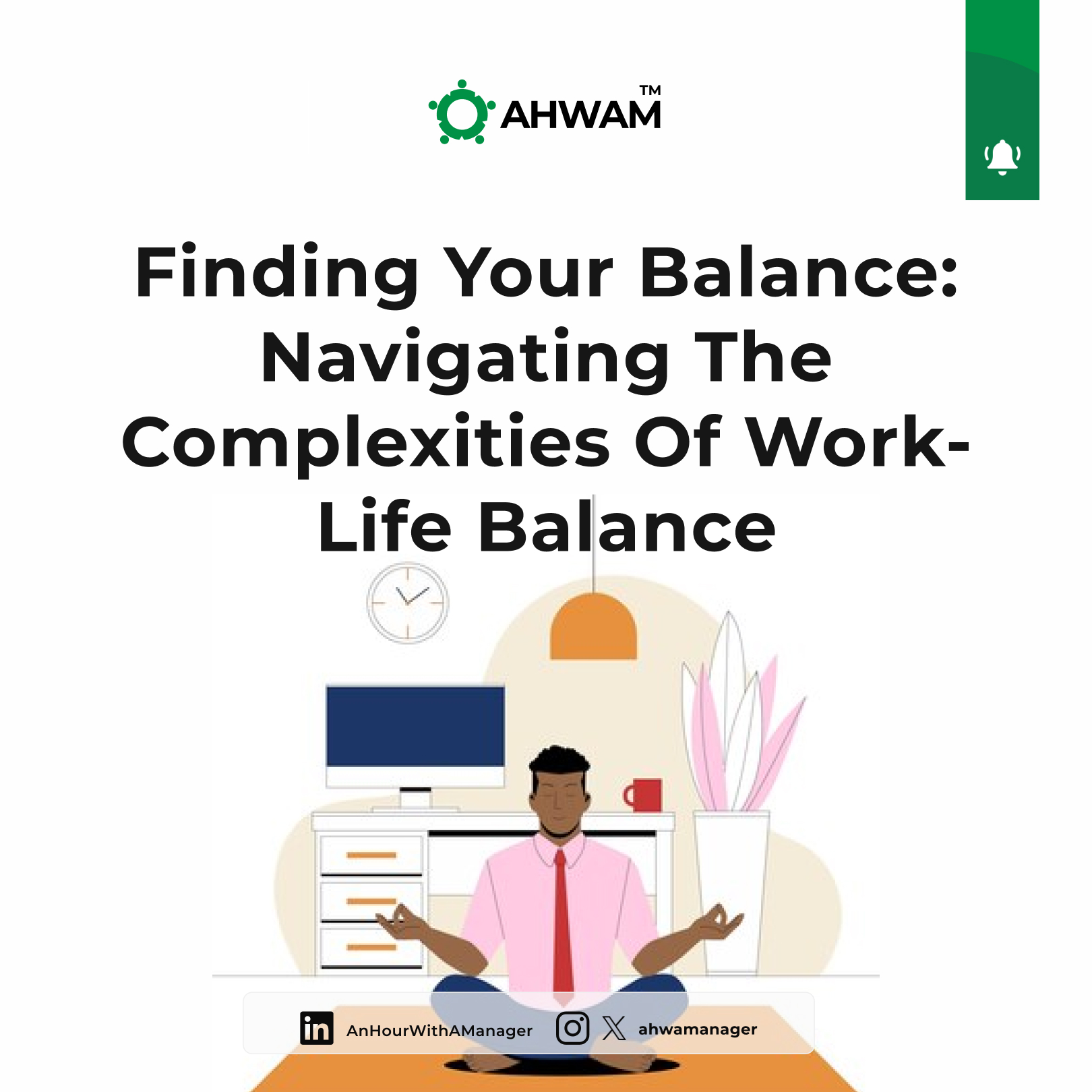Strong leadership goes beyond simply adhering to traditional practices in this fast-changing world of African business. It requires having the guts to take calculated risks, genuinely understanding local customs, and leveraging our innate cultural assets to advance the continent as a whole. We love to recognize leaders at An Hour With A Manager (AHWAM) whose experiences illuminate these pathways and provide our community of forward-thinking professionals with useful insights.
Recently, a very seasoned executive from PepsiCo South Africa spoke to us. For leaders facing Africa's unique problems and enormous prospects, his career experience and astute observations provide a clear roadmap.
1. The Courage to Change Careers: A Path to Greater Growth
Careers nowadays are rarely straightforward, particularly for leaders who have a significant impact. An important turning point in this executive's career occurred in 1994 when he made the audacious and well-considered decision to accept a temporary, one-month contract instead of a permanent, full-time position.
- Useful Knowledge: This example shows the value of career flexibility and taking calculated risks for leadership development. Leaders in Africa's economies frequently have to make unusual decisions. Accepting these adjustments may lead to incredible learning and development, even if they initially appear less secure. It's about realizing that making strategic changes motivated by a strong conviction in your own abilities frequently results in significant, long-lasting influence.
2. The Deep Strength of Connection: Leading with African Wisdom
"Treat your subordinates well, and they will return the favor" is a deeply ingrained African wisdom idea that forms the basis of this executive's success and leadership style. In addition to being polite, this is a clever strategy for creating solid, committed, and productive teams.
- Practical Insight: This concept is closely related to building strong connections to lead, which we have already discussed in regard to the adoption of new technologies in our previous blog. This also pertains to maintaining the motivation and participation of your workforce. A leader who genuinely cares for and respects their team fosters extraordinary loyalty and drive in African contexts, where interpersonal relationships and community are frequently crucial to professional success. This fosters a culture of trust in the workplace, improves outcomes, lowers employee attrition, and strengthens team cohesion, all of which are significant advantages in any market.
3. Smart Problem-Solving: Turning Challenges into Opportunities
Leaders continually have to make difficult choices regarding aid or reorganization. Reducing four jobs to two was a significant problem for this CEO. He showed incredible inventiveness by reimagining and revamping those two remaining jobs, making them far more powerful and successful, rather than reducing them.
- Useful Knowledge: This is an excellent example of effective leadership and maximizing resources. It demonstrates how you may view boundaries as opportunities for innovation and improvement rather than as issues. This method provides a proactive approach to problem-solving for managers and executives who are faced with changes or limited finances. It contributes to the development of more efficient and transparent methods of working, demonstrating that true efficiency is achieved via rethinking processes rather than only reducing costs.
4. Boosting Trade Across Africa: A Must-Have for Growth












